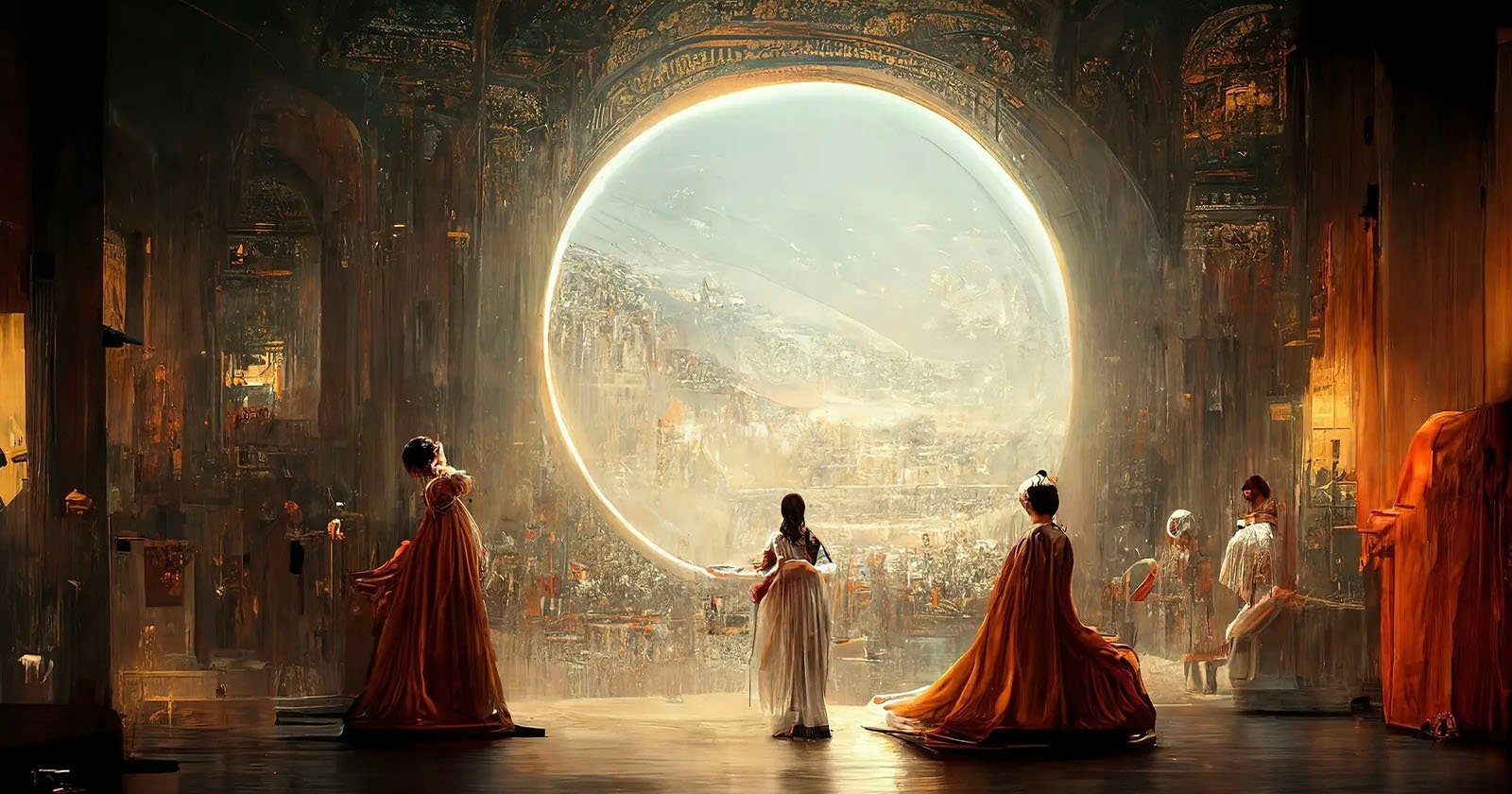An artist who infamously duped an art contest with an AI image is suing the U.S. Copyright Office over its refusal to register the image’s copyright.
In the lawsuit, Jason M. Allen asks a Colorado federal court to reverse the Copyright Office’s decision on his artwork Theatre D’opera Spatialbecause it was an expression of his creativity.
Reuters says the Copyright Office refused to comment on the case while Allen in a statement complains that the office’s decision “put me in a terrible position, with no recourse against others who are blatantly and repeatedly stealing my work.”



The copyright office’s policy isn’t perfect, but denying copyright to AI slop is probably the best we can expect from the system as it currently exists.
Besides I’m pretty sure you can still use AI in the production of an image and still claim copyright on the final image, just not any of the raw generations.
This is correct. If a painter uses AI to generate a concept and composition, then does a classical oil painting of it on canvass they can claim right to the image of the oil painting.
It’s no different than an artist painting a public park or forest. They can’t copyright that location, but they can copyright the painting of that location.
So why can’t he copy right the prompt which created it? Obviously not being 100% cereal about this specific scenario but in the early days of GPT4 I fed it fucking dissertation length prompt threads writing ridiculously niche and in depth scripted functions. I don’t know how to code but used a tool to create something extremely useful for my job. Some of the project took weeks to fully put together.
So what Im really asking is, why would it matter if I used cnc lathes to make something id want copywrited/patented or if I use a LLM to make it? Should it be any less protected because it’s taking the “muscle” or “legwork” out of it? Should engineers only design prototypes destine for copywrite/TM/R/patent office if the prototype can be made on manual machines? Again, I kinda understand I went over the top with this but I am fascinated with how the fuck people are guna come up with regulatory frameworks to define the modern age of intellectual property and all the TM/C/R/P drama to follow.
Edit: To expand, the shit I have made using GPT having limited but interested experience with IT work also didnt stike me as anything marketable until I got feedback from vendors and customers I gave it to but from reps that didn’t know I made it. It’s not the point of me asking I just thought itd help anyone who is guna respond to see that my questions are coming from more of a manufacturing a tool type of understanding rather than the AI toookurjerbs from the suffering artist or musician type of understanding.